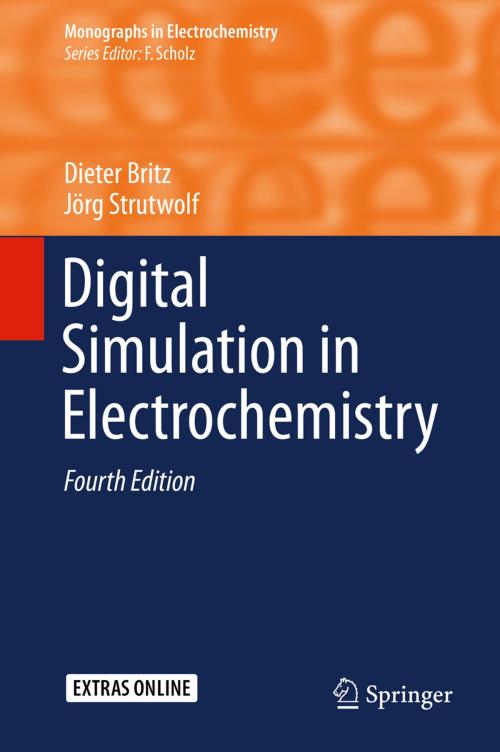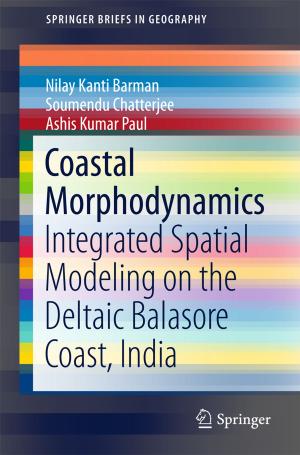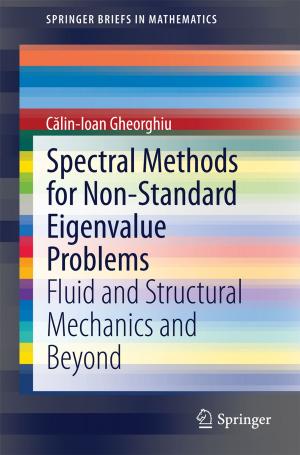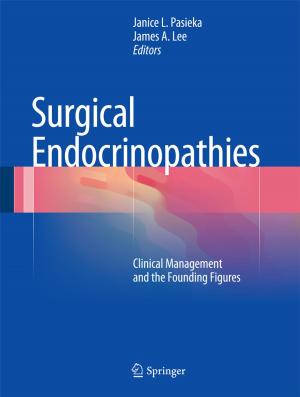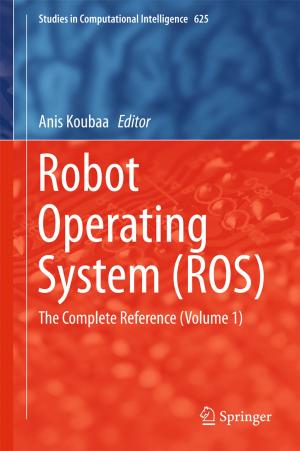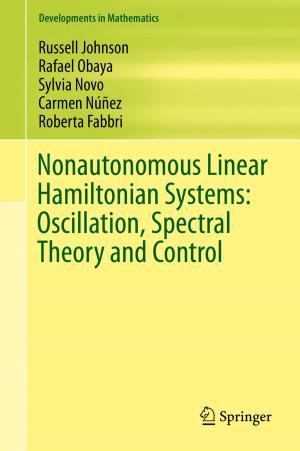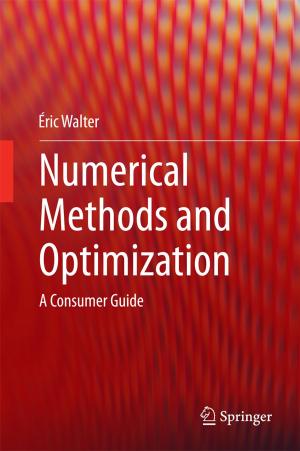Digital Simulation in Electrochemistry
Nonfiction, Science & Nature, Science, Chemistry, Analytic, Physical & Theoretical| Author: | Dieter Britz, Jörg Strutwolf | ISBN: | 9783319302928 |
| Publisher: | Springer International Publishing | Publication: | May 9, 2016 |
| Imprint: | Springer | Language: | English |
| Author: | Dieter Britz, Jörg Strutwolf |
| ISBN: | 9783319302928 |
| Publisher: | Springer International Publishing |
| Publication: | May 9, 2016 |
| Imprint: | Springer |
| Language: | English |
This book explains how the partial differential equations (pdes) in electroanalytical chemistry can be solved numerically. It guides the reader through the topic in a very didactic way, by first introducing and discussing the basic equations along with some model systems as test cases systematically. Then it outlines basic numerical approximations for derivatives and techniques for the numerical solution of ordinary differential equations. Finally, more complicated methods for approaching the pdes are derived.
The authors describe major implicit methods in detail and show how to handle homogeneous chemical reactions, even including coupled and nonlinear cases. On this basis, more advanced techniques are briefly sketched and some of the commercially available programs are discussed. In this way the reader is systematically guided and can learn the tools for approaching his own electrochemical simulation problems.
This new fourth edition has been carefully revised, updated and extended compared to the previous edition (Lecture Notes in Physics Vol. 666). It contains new material describing migration effects, as well as arrays of ultramicroelectrodes. It is thus the most comprehensive and didactic introduction to the topic of electrochemical simulation.
This book explains how the partial differential equations (pdes) in electroanalytical chemistry can be solved numerically. It guides the reader through the topic in a very didactic way, by first introducing and discussing the basic equations along with some model systems as test cases systematically. Then it outlines basic numerical approximations for derivatives and techniques for the numerical solution of ordinary differential equations. Finally, more complicated methods for approaching the pdes are derived.
The authors describe major implicit methods in detail and show how to handle homogeneous chemical reactions, even including coupled and nonlinear cases. On this basis, more advanced techniques are briefly sketched and some of the commercially available programs are discussed. In this way the reader is systematically guided and can learn the tools for approaching his own electrochemical simulation problems.
This new fourth edition has been carefully revised, updated and extended compared to the previous edition (Lecture Notes in Physics Vol. 666). It contains new material describing migration effects, as well as arrays of ultramicroelectrodes. It is thus the most comprehensive and didactic introduction to the topic of electrochemical simulation.
